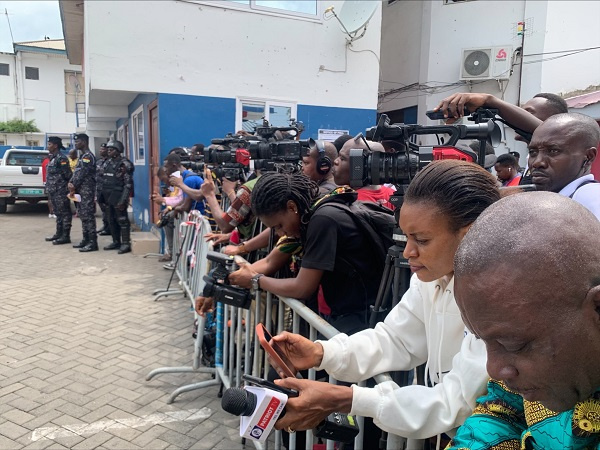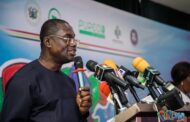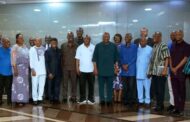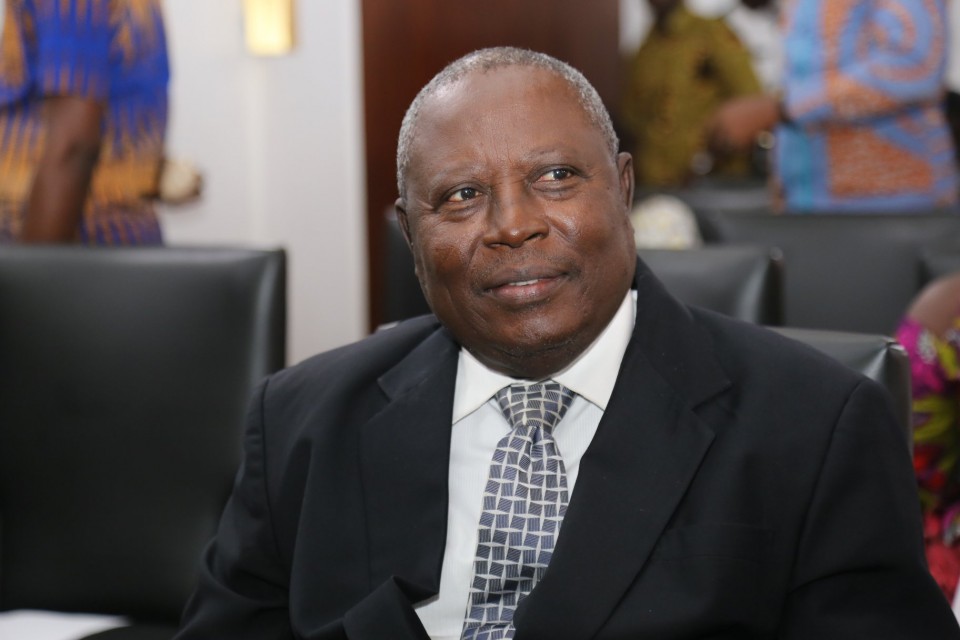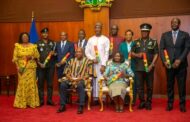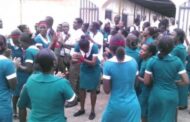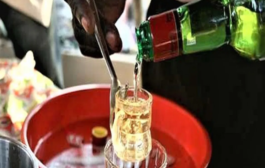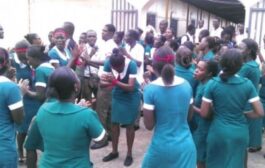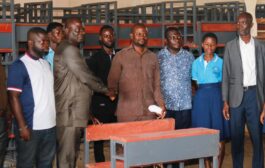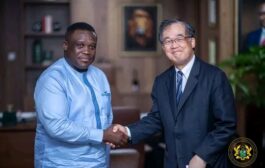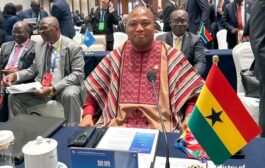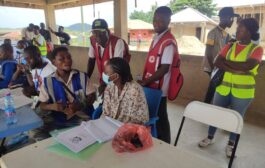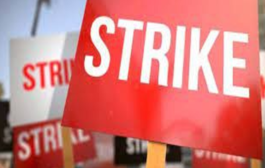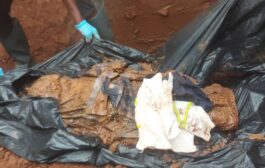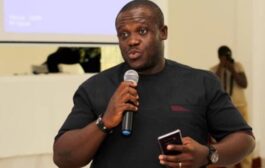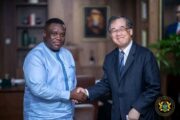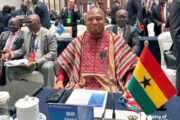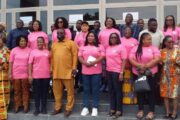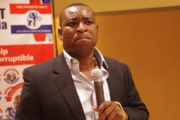The recently held super delegates election of the ruling New Patriotic Party (NPP) was marred by unusual media restrictions and limitations that have raised concerns among journalists and media professionals.
Journalists, including those with accreditations, were denied access to the election venue. Instead, they were forced to stand 50 to 100 meters away from the voting centers. In regions where the elections took place in enclosed venues, journalists were completely barred from accessing the premises to witness the voting process.
These restrictions came as a surprise to many journalists who have covered numerous elections in the past. As the NPP prepares for its presidential candidate election, scheduled for November 4, 2024, there are hopes that media access will not be constrained during this crucial internal party process.
The media plays a vital role in every democratic process and should not be subjected to undue restrictions that impede their work. Journalists’ access to the voting process, while respecting the principle of secret balloting, is essential to uphold transparency and accountability.
The NPP’s presidential primaries have garnered significant attention as they will determine the party’s flagbearer for the 2024 elections. The contest is highly competitive, with four hopefuls: Vice President Dr. Mahamudu Bawumia, Assin Central MP Kennedy Ohene Agyapong, former Food and Agriculture Minister Dr. Owusu Afriyie Akoto, and former Mampong MP Francis Addai-Nimoh.
The chosen candidate will face ex-President John Dramani Mahama, who secured the endorsement of the opposition National Democratic Congress (NDC) earlier this year. The NPP’s ability to secure a third consecutive term in Ghana’s political landscape, which has not occurred under the Fourth Republic, will depend on this decision.
The concerns raised over media restrictions serve as a reminder of the importance of transparency and open access in democratic processes.
Source: Mybrytfmonline.com/Obed Ansah



